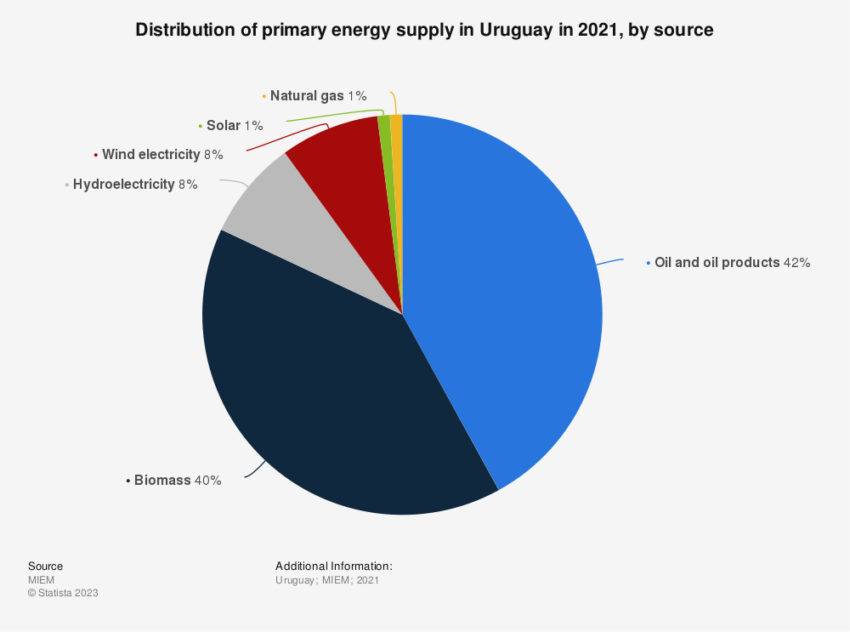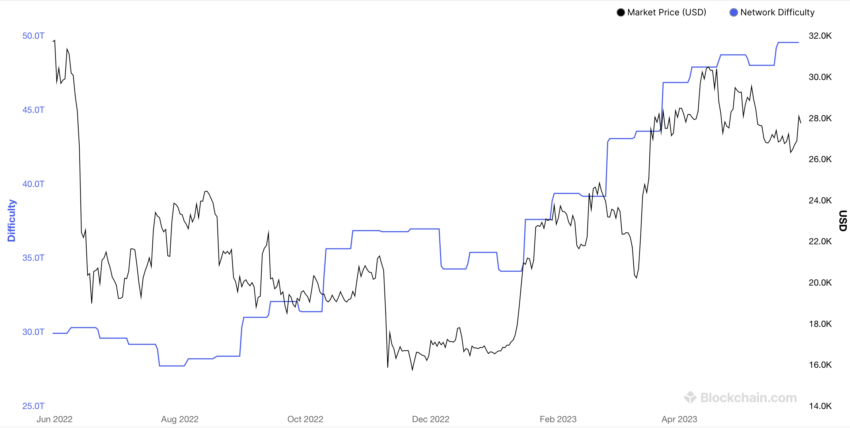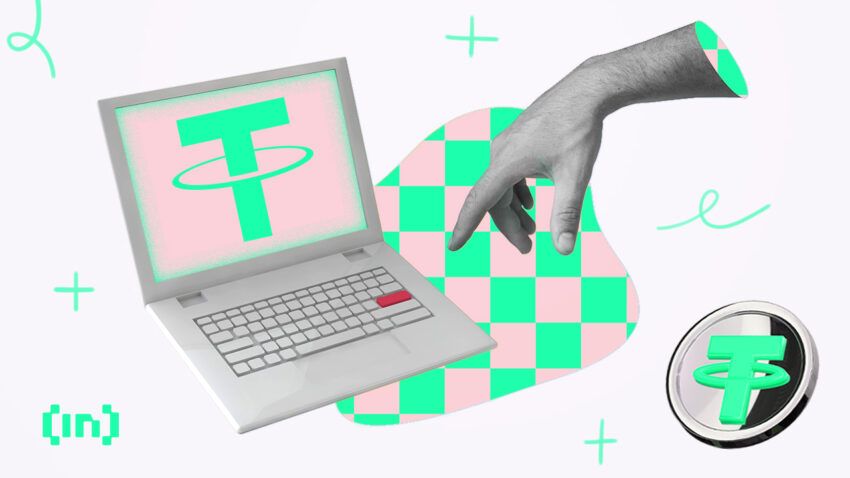Stablecoin issuer Tether announced a new mining initiative in Uruguay amid record Bitcoin (BTC) difficulty.
Tether is investing in renewable energy to power Bitcoin mining in Uruguay, a South American nation that draws 94% of its electricity from renewable sources.
Tether to Leverage Natural Resources in Uruguay
According to Tether’s CTO Paolo Ardoino,
“By harnessing the power of Bitcoin and Uruguay’s renewable energy capabilities, Tether is leading the way in sustainable and responsible Bitcoin mining.”
Miners earn 6.25 BTC by confirming transaction balances to secure Bitcoin’s decentralized network. They achieve this by varying a number called a nonce to guess a number lower than the hash of a Bitcoin transaction block.
The process is energy-intensive and prompts miners to seek cheap electricity to ensure profitability.
Political pressure and Environmental, Social, and Governance (ESG) policies nudge mining companies toward clean energy sources.
Uruguay’s natural resources offer multiple renewable energy options, including wind farms and hydropower.

Tether will launch the new project together with a local company and employ local energy experts.
A recent report revealed the USDT stablecoin issuer bought $1.5 billion in BTC using interest earned from Treasury bills.
The Federal Reserve hiked interest rates by 500 basis points since March 2022 to combat stubborn US inflation, boosting yields for short-term treasuries. The issuer relies on the liquidity of treasuries to honor redemptions of its USDT stablecoin.
Crypto critic John Reed Stark recently criticized Tether’s dependence on attestations rather than audits to prove its reserve holdings.
Bitcoin Mining Difficulty Rises to New Record
Tether’s new project comes amid rising Bitcoin mining difficulty that could prompt the firm to outlay significant resources. Data from Blockchain.com suggests Bitcoin’s difficulty could reach a record high later this week.

Bitcoin’s code makes it more difficult to guess the correct transaction block hash if more miners come online and reduce the average block confirmation time. The software adjusts the difficulty roughly once every two weeks to keep the block time at 10 minutes.
Complicating the mining picture for Tether is the spring 2024 Bitcoin halving. The halving reduces the mining reward by 50% to 3.125 BTC.
This lower emission rate means miners will have to double the number of blocks they mine to maintain revenues if Bitcoin’s price stagnates.
Stalled regulation in the US will likely limit inflows and keep the asset in a low-liquidity market.
For BeInCrypto’s latest Bitcoin (BTC) analysis, click here.
Disclaimer
In adherence to the Trust Project guidelines, BeInCrypto is committed to unbiased, transparent reporting. This news article aims to provide accurate, timely information. However, readers are advised to verify facts independently and consult with a professional before making any decisions based on this content. Please note that our Terms and Conditions, Privacy Policy, and Disclaimers have been updated.


